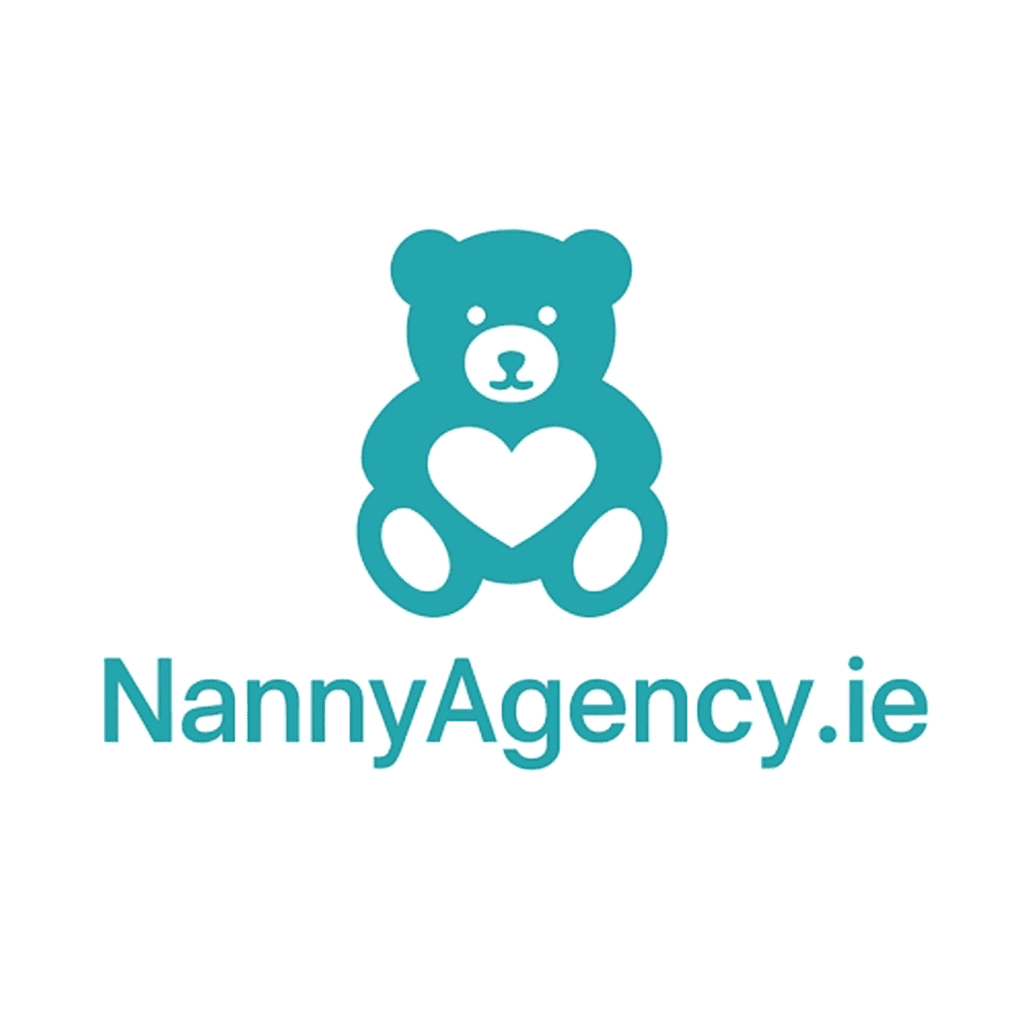Navigating Nanny Regulations in Ireland: What Parents Need to Know
Understanding Nanny Regulations in Ireland
In Ireland, hiring a nanny involves more than just finding the right person to care for your child. Understanding the regulations governing this process is crucial to ensure compliance and to protect both parties involved. Parents must navigate various legal requirements related to employment, taxes, and workplace safety. This guide aims to provide an overview of what parents need to know about nanny regulations in Ireland.

Employment Status and Contracts
One of the first steps in hiring a nanny in Ireland is establishing their employment status. Most nannies are considered employees rather than independent contractors. This classification means parents are responsible for providing a written contract that outlines the terms of employment, including duties, working hours, and salary. A clear contract helps prevent misunderstandings and provides a reference point for both parties.
It's also important to ensure that your nanny has the legal right to work in Ireland. This may involve verifying their residency status or obtaining the necessary work permits if they are from outside the European Economic Area (EEA).
Compliance with Tax and Social Insurance
As an employer, parents must register with Revenue as a domestic employer and handle Pay As You Earn (PAYE) taxes on behalf of their nanny. This involves deducting income tax, Pay Related Social Insurance (PRSI), and Universal Social Charge (USC) from their nanny's wages and remitting them to Revenue.

Employers are also required to provide payslips showing these deductions and maintain accurate records of all payments made. Failure to comply with tax regulations can result in penalties and additional costs, so it's crucial to stay informed and up-to-date.
Health and Safety Considerations
Ensuring a safe working environment is another key responsibility for parents employing a nanny. This includes conducting a risk assessment of the home environment and addressing any potential hazards. Parents should also discuss emergency procedures and provide necessary safety equipment, such as first aid kits.

Nannies should be briefed on any specific health concerns related to the children, such as allergies or medical conditions, and trained in basic first aid if needed. Maintaining open communication about safety practices helps to create a secure and reassuring environment for both the nanny and the children.
Insurance and Additional Protections
Having adequate insurance coverage is essential when hiring a nanny. Homeowners' insurance often includes liability coverage, but additional employer's liability insurance may be necessary to cover potential accidents or injuries that occur while the nanny is working.
Parents should also consider offering additional protections such as health insurance or pension contributions as part of the employment package. These benefits can enhance job satisfaction and help retain qualified caregivers.
Conclusion: Navigating the Process
Navigating nanny regulations in Ireland can seem daunting, but understanding the key aspects of employment law, tax compliance, health and safety, and insurance can help streamline the process. By ensuring compliance and fostering a positive working relationship, parents can provide a safe and supportive environment for their children’s caregivers.
Consulting with legal or financial advisors can also be beneficial in addressing specific concerns or questions related to hiring a nanny. Staying informed and proactive guarantees that both parents and nannies enjoy a productive and harmonious working relationship.
